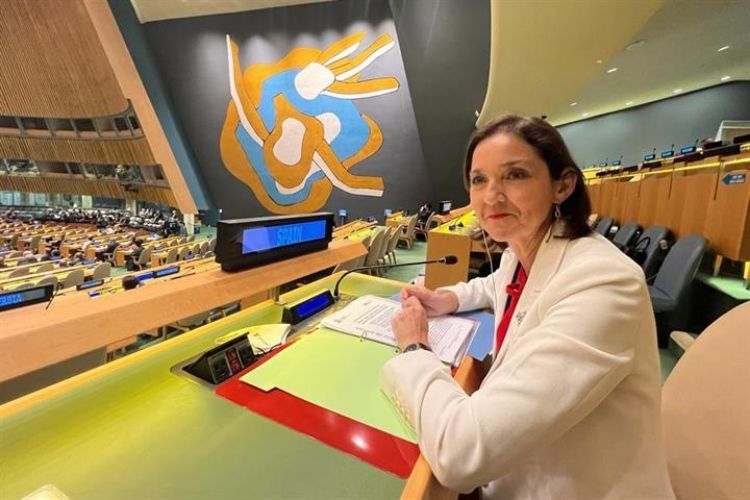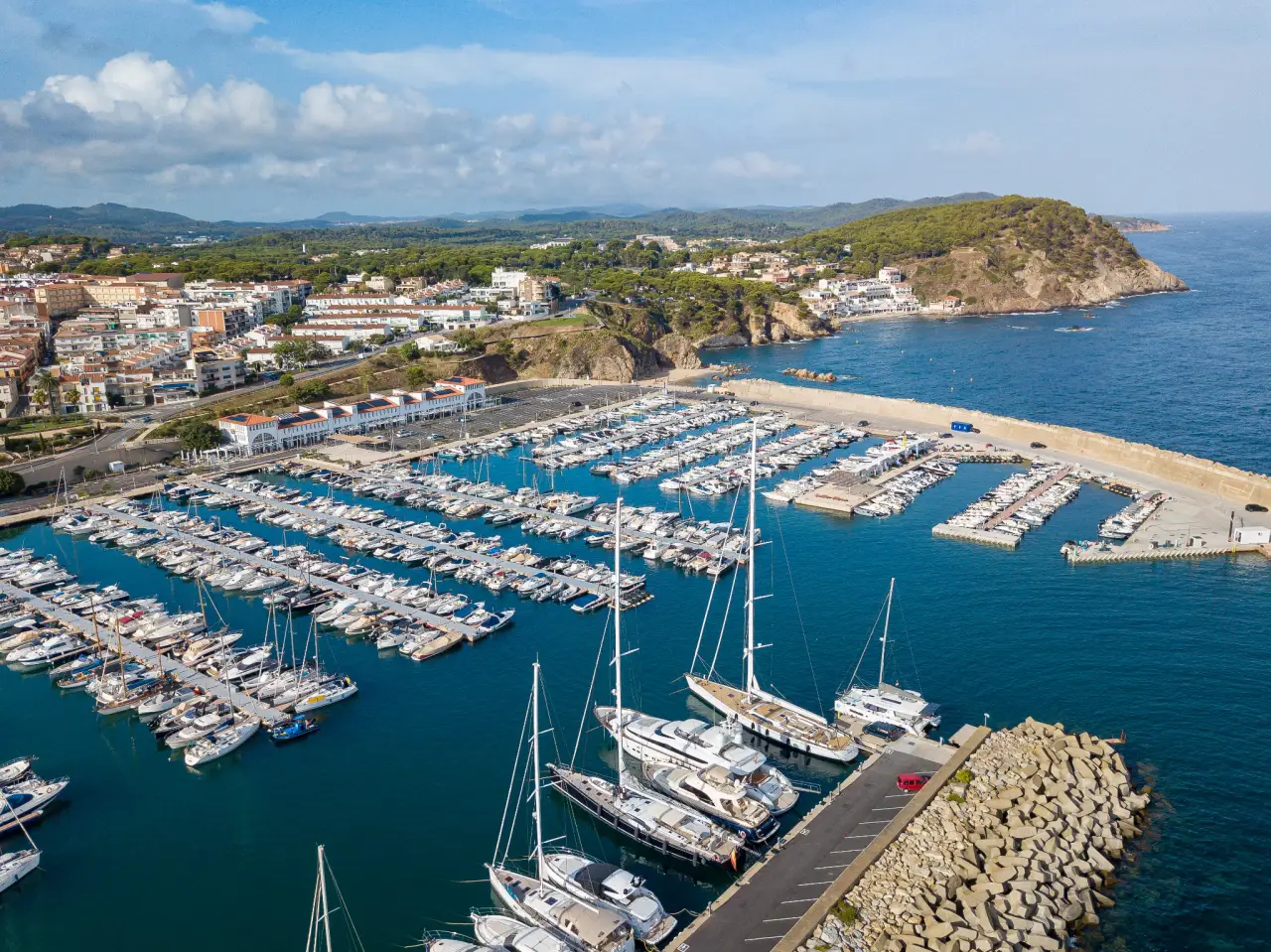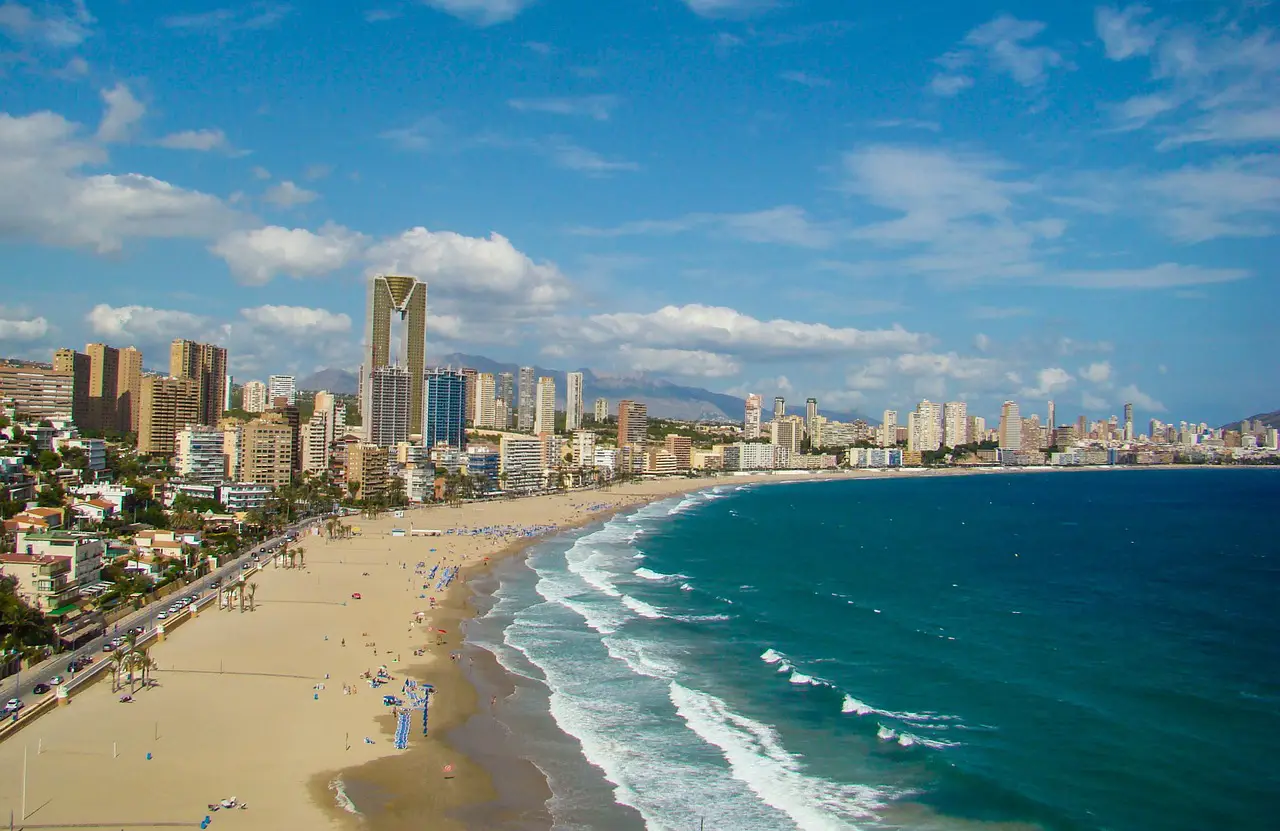The Minister for Industry, Trade and Tourism, Reyes Maroto, has spoken in New York at the UN General Assembly’s High Level Forum on Sustainable and Resilient Tourism.
In her speech during the event, entitled ‘Putting sustainable and resilient tourism at the heart of an inclusive recovery’, Maroto stressed that Spain is a pioneer in the implementation of Social Sustainability Plans endowed with €20 million and urged UN member states to include the social dimension in their tourism policies to promote an inclusive recovery of tourism worldwide.
“These plans will have a very positive impact on improving the competitiveness of the tourism sector as they will allow the development of actions in two fundamental areas of the social sustainability of tourism in Spain; one, in relation to labour rights, the fight against discrimination in the workplace, the spread of good practices in the working environment and the quality of the employment contract; and two, in relation to the company participation in the development of actions in the field of inclusion and the fight for gender equality. These actions will benefit 75% of workers in the tourism sector. Social agents and regional and local administrations will take part in the implementation of these social sustainability plans”, said the minister.
These actions include support for the development of a ‘Fair Hotels’ programme, which reinforces the value of work quality measures, including work-life balance in the workplace, career development and professional training. It also includes the creation of an observatory for social sustainability in the tourism sector and actions to stimulate corporate social responsibility in tourism companies. Last, the plans will address actions to communicate good practices in the sector that can serve as a model and improve the perception of the sector’s social sustainability.
In her speech at the UN, the minister highlighted Spain’s vision of tourism as an essential element of economic and social development, generating decent jobs, preventing depopulation and adding value to the natural and cultural heritage of nations, thus contributing to their conservation.
For Maroto, “Tourism is a sector capable of generating welfare and social development in all countries of the world. We must also work to ensure that it is a sector that attracts the best talent, especially young people, and that it brings the greatest possible benefit to the communities that host it.
The Spanish government wants to accelerate the transformation of tourism with the Modernisation and Competitiveness Plan which, as part of the Recovery, Transformation and Resilience Plan, is mobilising more than €3.4 billion of public resources, most of which will be allocated to measures to transform the sector towards sustainability and digitalisation, and to measures to boost the local tourism economy.
The minister concluded her speech with a call to “make tourism a tool that contributes to a fairer, more prosperous, more egalitarian and more inclusive society”.













